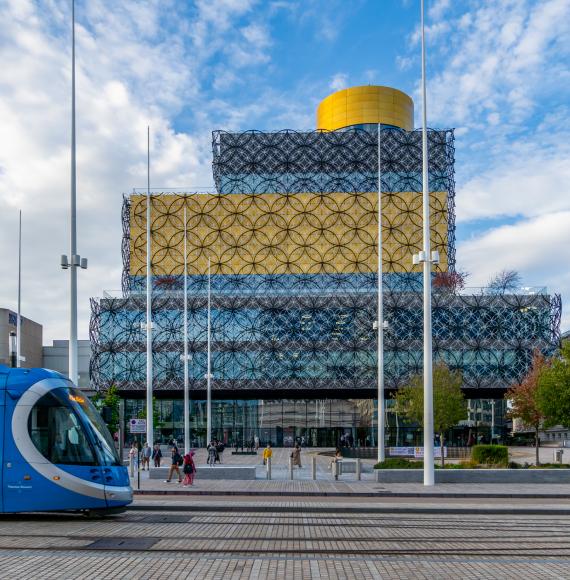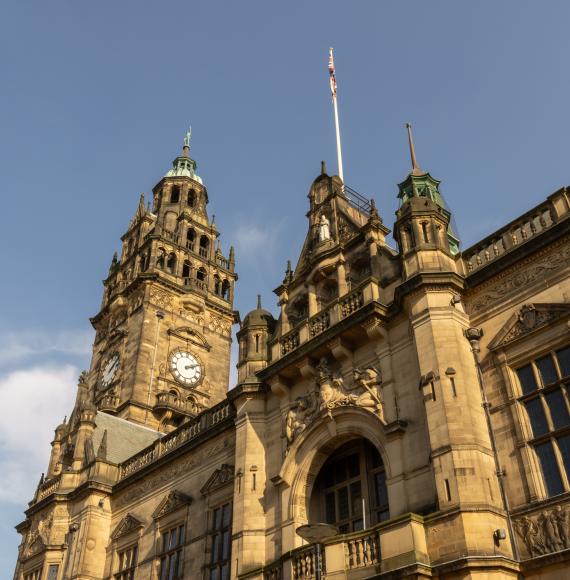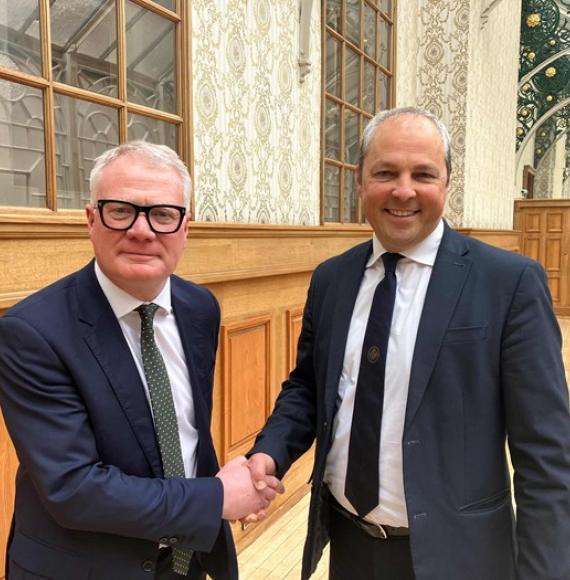Emissions around the world have been reduced by 31 million tonnes as a direct result of UK intervention since 2011.
This has been achieved over the past nine years through various means, including providing 33 million people with clean energy, providing training for 66 million people as well as leveraging £2.2bn from private investors in order to combat climate change.
UK International Climate Finance (ICF) investments aim to reduce poverty by helping developing countries build resilience and manage the risks of climate change.
Developing countries are the hardest hit by climate change and the World Bank estimates that without intervention the impact of rising emissions could push an additional 100 million people into poverty by 2030.
International Development Secretary Anne-Marie Trevelyan said:
“As the world starts to recover from coronavirus, we have a unique opportunity to help the poorest countries build back greener from this devastating pandemic and become more resilient to the impacts of climate change.
“UK aid is fighting climate change while lifting people out of poverty. As we prepare to host COP26, the UK will be pushing for international action to tackle these two challenges.”
Through International Climate Finance, UK aid is investing in innovative solutions for tackling climate change. In Indonesia, this support has created a legally binding agreement between the Indonesian government and forest managers to prevent deforestation and provide new, sustainable jobs for local communities.
Through this programme, more than 270,000 hectares of forest – the equivalent of nearly 400,000 football pitches – have been protected.
COP26 President and Secretary of State for Business, Energy and Industrial Strategy, Alok Sharma, said:
“As hosts of COP26, the UK is committed to tackling climate change in a manner which leaves no one behind, especially countries that need urgent support.
“I am proud that our International Climate Finance scheme is part of this work, from protecting our precious forests to ensuring developing countries are supported through adaptation and resilience measures and assisted to transition to cleaner, greener energy.”



















